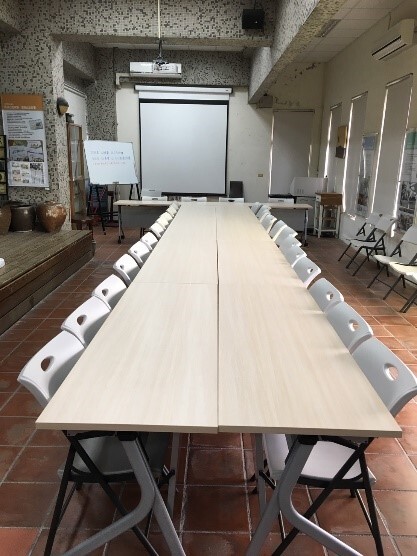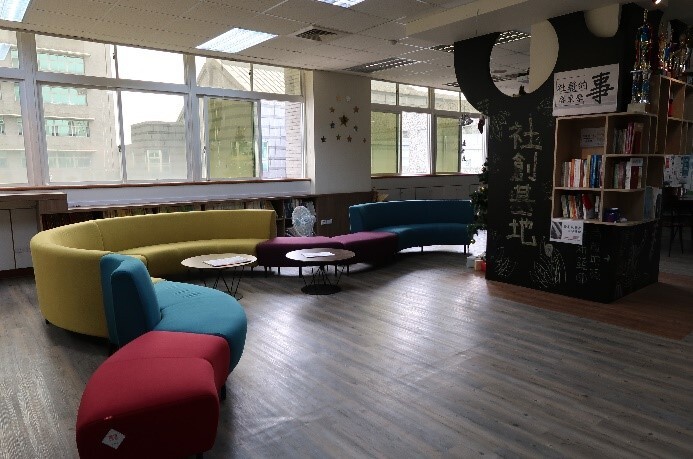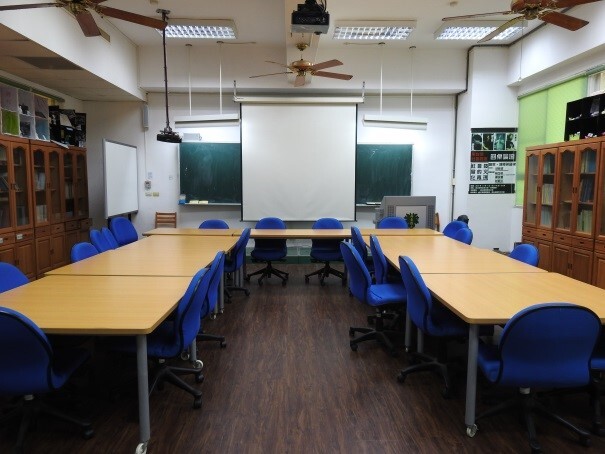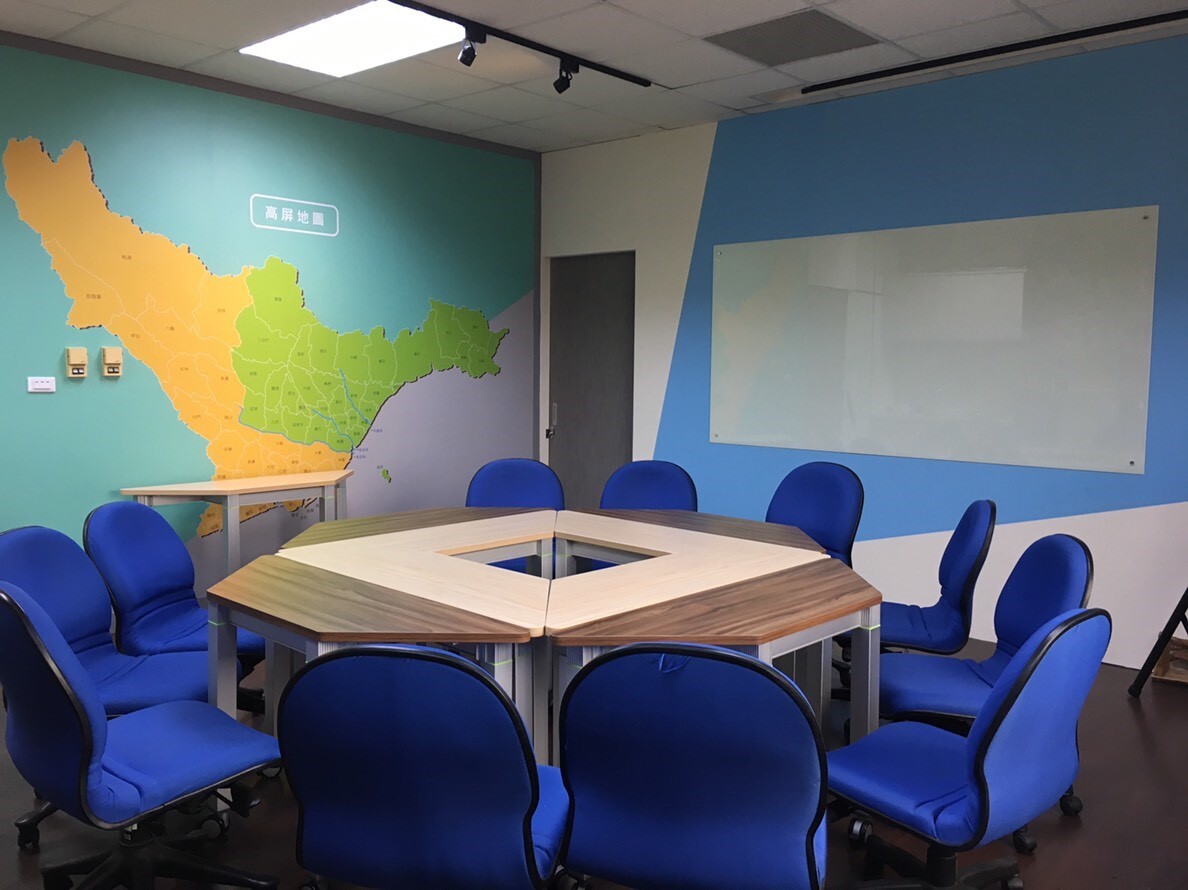introductin
Department of Social Development
Objectives
The Department of Social Development aims to educate professionals in the areas of social awareness and insight along with management skills through social science knowledge and methodology research.
Development and Priority Trends
1.Theories of Social Development
The social development of each country shares common and specific characteristics of politics, economy, society, culture and education. This department, based on experience from a variety of countries, conducts research and draws conclusions about theories and practices. The micro-social development viewpoint asserts that people are able to internationally dialogue by developing suitable theories and modes of development.
2.The Social Subject
Politics, economy, culture and education in a given society involve several issues and phenomena termed, social issues. Regional research and analysis is necessary to lay the foundations for establishing strategies of social development, design and management.
3.Management and Practice of Social Development
Society, whether at the international, national or regional level, proper management for its own well-being. In addition to theories of social development, this department emphasizes the practical side of social development and management. Graduates are expected to possess professional knowledg and the ability to function at the international, national and regional level.
4.Research, Teaching and Regional Service as the Foundation
The Department cooperatively communicates with the local community to seek contextual questions to design feasible plans and then describe theories for related problems in local society.
|
|
 |
 |
 |
|
Public Space |
501 Private Classroom |
Future Careers for Students
1.Students who obtain a masters or doctorate degree may become, teachers, researchers, or government consultants
2.Students can participate in civil service examinations such as : general administration, social administration, personnel administration, educational administration,or labor administrationfor public service. Students may also serve as legislative or research assistants.
3.Students may choose elective education courses to become primary or kindergarten teachers.
4.Studnets have access to relevant private sectors, such as: culture, cultural and educational foundations or non-profit organizations, social welfare agencies, the media, business, human resource management, market or public opinion surveys.



